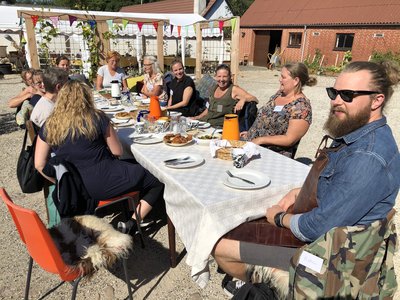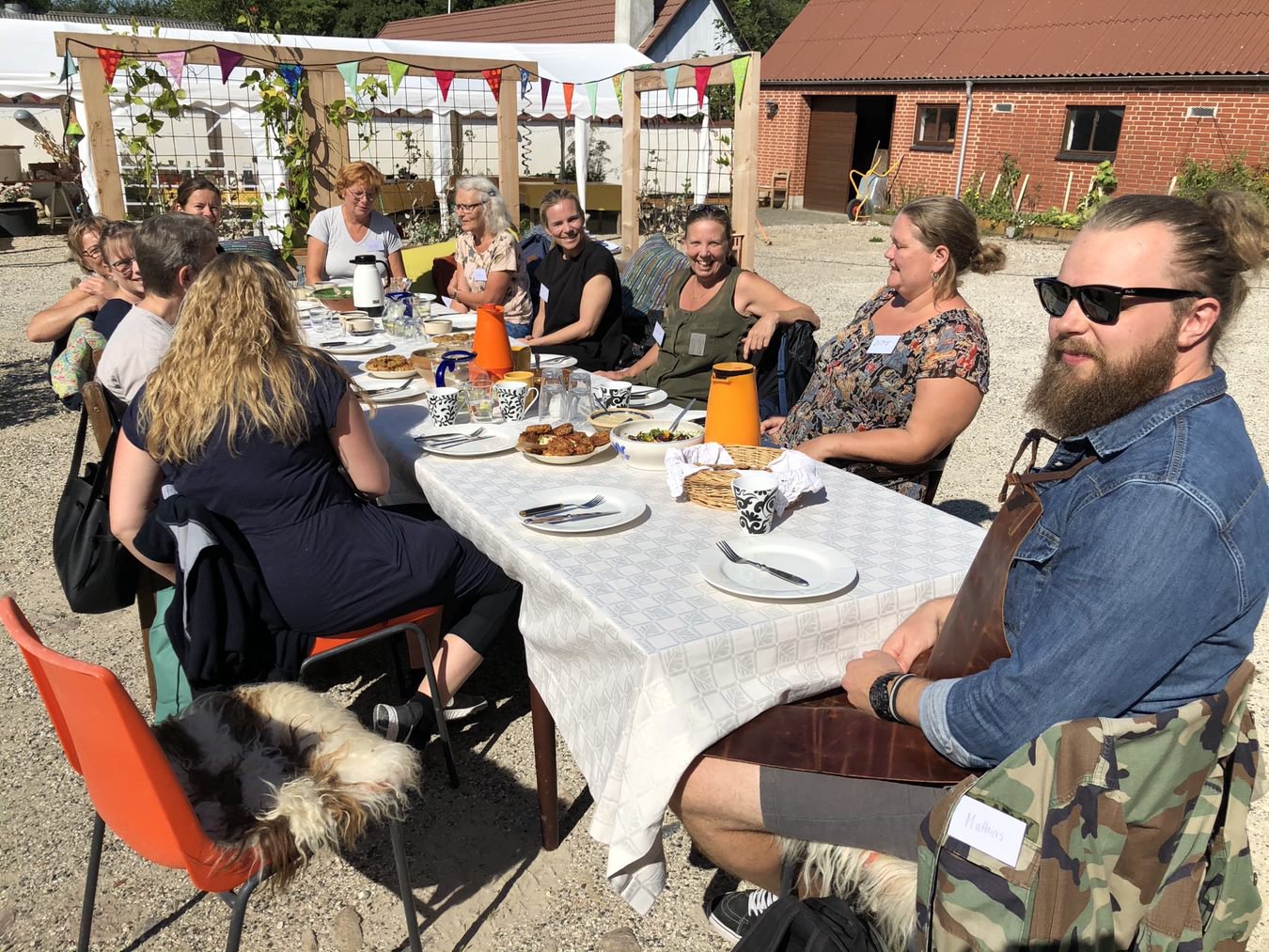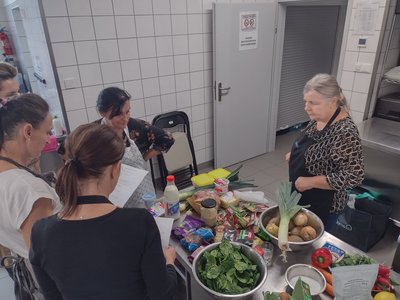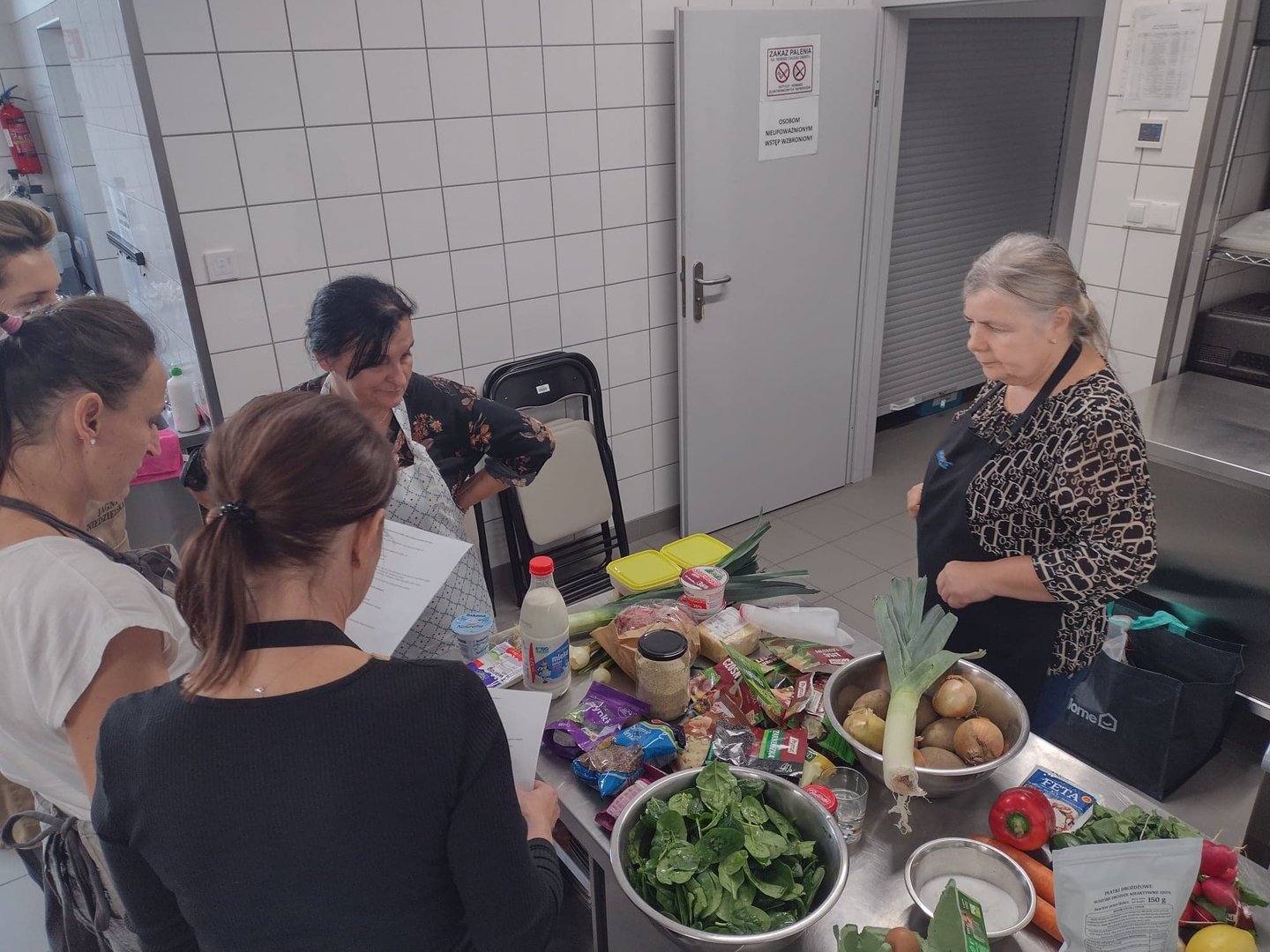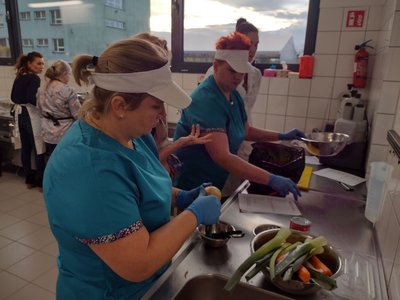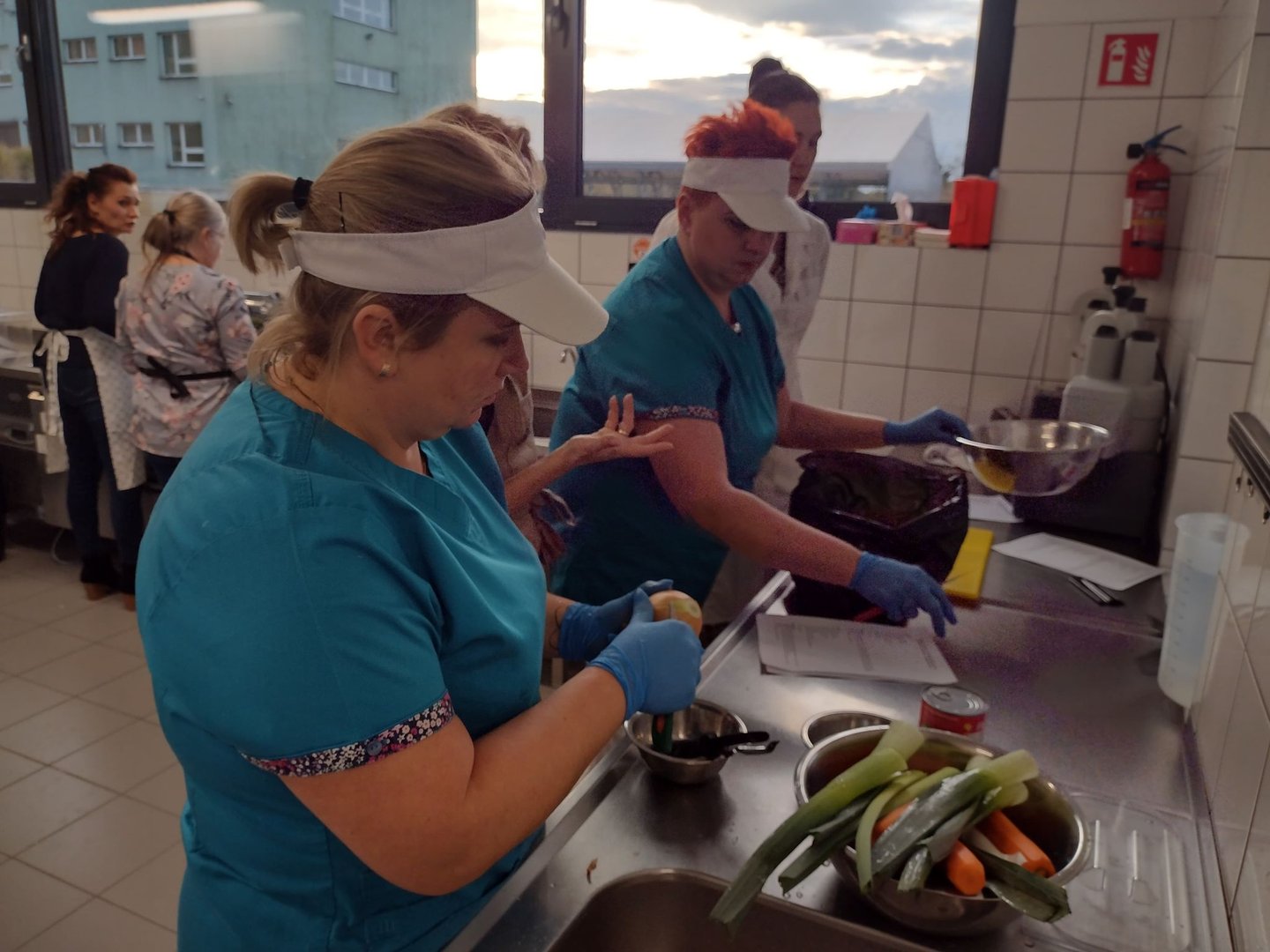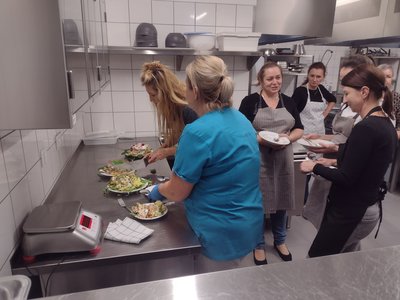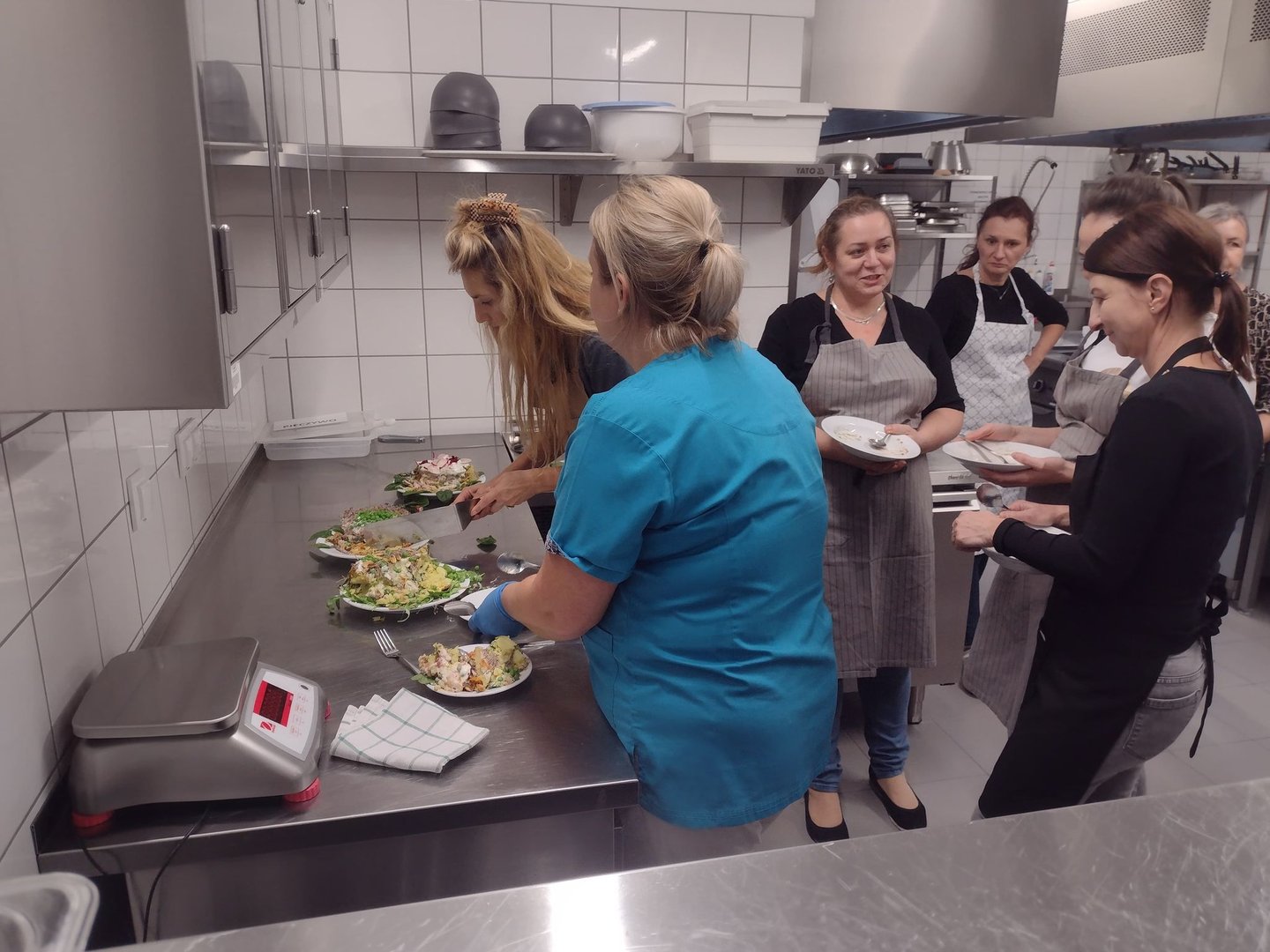Necessary Steps
- Identify and contact trainers who have the necessary competences and interest in training professionals from public kitchens.
- Clarify aspects such as; expected qualifications after training, duration of training, topics to be covered, methods, and costs. Shorter training days are recommended.
- Training topics could include:
- Practical skills for cooking meals with lentils and other plant-based proteins.
- Calculating costs of meals cooked with organic lentils.
- Finding suppliers for organic lentils.
- Creating and naming plant-based recipes.
- Make all aspects of the training as real and authentic as possible, emphasising practical exercises; remember to leave room for experienced professionals to be creative.
- Involve public procurers and suppliers to be part of the training. This is particularly recommended if the menus are to include new items and recipes. Motivate networking and the exchange of tips and training experiences among the participants.
- Organise an evaluation of the training course with all stakeholders, including the responsible person in the municipality and the trainer. Provide a short questionnaire to collect the feedback of the kitchen staff.
More Issues To Consider
- Make sure the municipality supports the need for training and that there is a budget available for this scheme. Keep in mind that labour market and/or trade union rules, particularly around issues such as payment and working hours, may apply to the training.
- Ensure that the public kitchens remain functioning on the days where the permanent professionals are attending the training. If that is not possible, catering should be provided from external suppliers.
- Try to include all relevant municipal kitchens in the training, as this facilitates the implementation of a municipal-level strategy of increasing the number of servings of plant-based meals.












